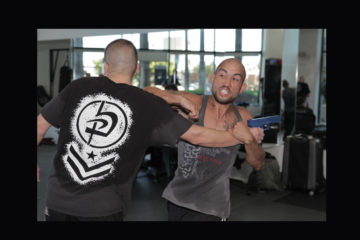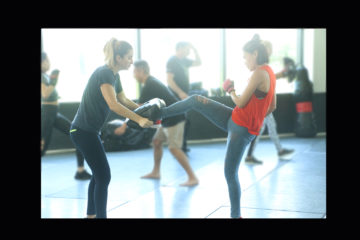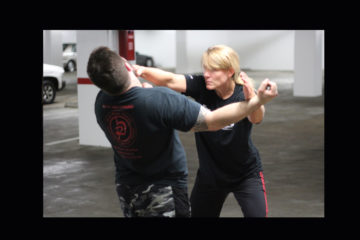Most parents can reason that roughhousing helps children develop physically by providing a means of vigorous exercise but, truth be told, that is the least substantive effect that it has on them. In roughhousing, the less observable benefits will have the longest lasting returns.
Believe it or not, these sorts of outwardly aggressive activities serve to enhance the participants’ capacity for social awareness. When children engage in rough play with one another they learn to abide by a set of predetermined unspoken rules. For instance, if one child starts to cry, the other stops and checks if he or she is okay. After which, they usually go back to resuming the same activity that they did before.
This is evidence that the underlying social benefits of roughhousing are vast. In order for a child to have the presence of mind to stop the activity he must be aware of his partner’s feelings and provide an appropriate response. They process an incredible amount of information in terms of their partner’s facial cues and body language to determine the appropriate level of aggressiveness. This empathy is in the interest of both participants because if one side gets seriously injured then the game cannot continue and both lose out on fun.
Occasionally anger will arise from one of the children involved. It is important to note that anger is not the result being physically hurt but rather it emerges from the feeling of being slighted by their opponent. When a child is thrown down to the ground by his partner he is more likely to become angry (and therefore physically retaliate) if they think that their partner had malicious intent. On the other hand, if they are thrown down and get hurt but realize that it was an accident they don’t become angry. In this way each of the parties gets an understanding that emotions and physical discomfort may have little correlation and that accidents do happen.
The more that children experience this distinction the better they become at reading their partners’ motives. When compared to their non-rough peers, children that have been roughhousing since they could walk are much more likely to be able to distinguish malice from an accident and are therefore able to react appropriately. This beneficial lesson lasts past childhood and can have tremendous social consequences that can carry over into adult life.






